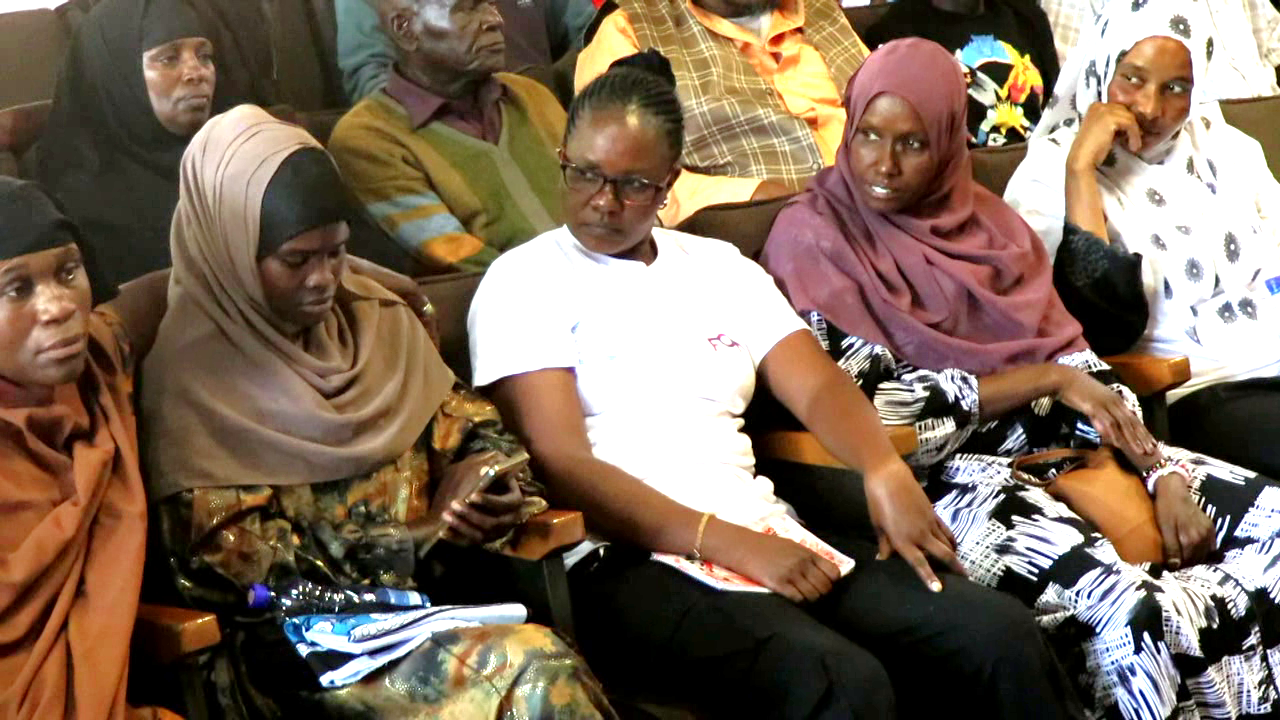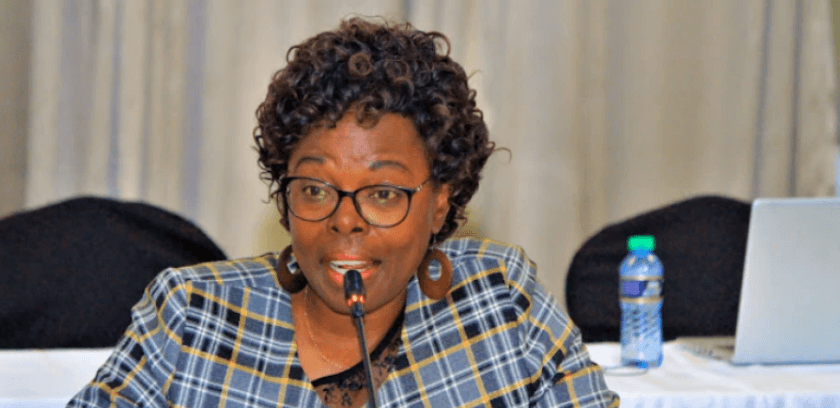

Statistics from the Kenya Health Information System for 2022 indicate that 46 per cent of women and girls in Isiolo had experienced physical violence, while nine per cent had suffered sexual violence.
Furthermore, about 65 per cent of girls aged between 15 and 19 undergo FGM annually in Isiolo, significantly higher than the national prevalence of 12 per cent.
Women at the forum recounted instances of emotional and verbal abuse, forced marriages, domestic battery and rape, stating that these experiences subject them to ongoing cycles of trauma and fear.
“The community is often slow to react when a woman is beaten by her partner, as it is sometimes seen as a form of discipline,” said Viviana Darimo, a resident.
Abused women are often left to recover from their injuries at home with no support, as the community and their in-laws tend to side with the male perpetrator.
“Some women have been blinded after repeated blows to the face from their husbands. Yet, no one intervenes to help them,” she added.
Darimo highlighted marital rape as a consistent issue for married women, saying majority of these cases go unreported due to the associated stigma.
Poverty, weak legal systems, traditional gender roles and the cultural acceptance of violence against women exacerbate the situation.
Chule Badase, another resident, said the situation is more dire for women living with disabilities, who often have limited means of protecting themselves.
“GBV reporting mechanisms are not accessible to people with disabilities. For those with hearing impairments, the language barrier makes it impossible for them to make reports,” she said.
“Take Isiolo Police Station, for example – there isn’t a single police officer who can use sign language. How is a GBV survivor who uses sign language supposed to communicate with the officers?”
Badase proposed that government officials, particularly those working in institutions that deal with GBV, such as healthcare facilities and police stations, receive regular training on how to handle cases and support survivors effectively.
Healthcare workers sometimes stigmatise women with disabilities during childbirth, resorting to insults and rough handling.
The county anti-GBV coordinator, Francisca Akope, called for the strengthening of law enforcement agencies to enhance their capacity to deal with GBV cases efficiently.
“Without proper resources, GBV cases will not be adequately followed up and perpetrators will not be held accountable, setting a negative precedent for others,” she said.
Survivors who report cases often face scepticism from government officials who are meant to provide support.
“These survivors require treatment for their physical injuries and counselling for their psychological well-being. When those in authority fail to believe them, it only serves to further stigmatise them,” she said.
Akope called for action against perpetrators, saying if more men facilitating early marriages and GBV were imprisoned, it would act as a deterrent to others.
Beatrice Karwitha, a member of the technical working group, said fear of victimisation was a primary reason cited during the forum for the failure to report GBV cases.
Another member of the technical working group, Michael Kariuki, added that incidents of insecurity, such as cattle rustling, were also cited as contributing to increased cases of GBV.
“Nationally, it has become very clear that there is insufficient data to inform interventions. We encourage members of the public to report cases and avoid resolving them at the family or community level so that they can be documented and appropriately handled using legal processes.”

















